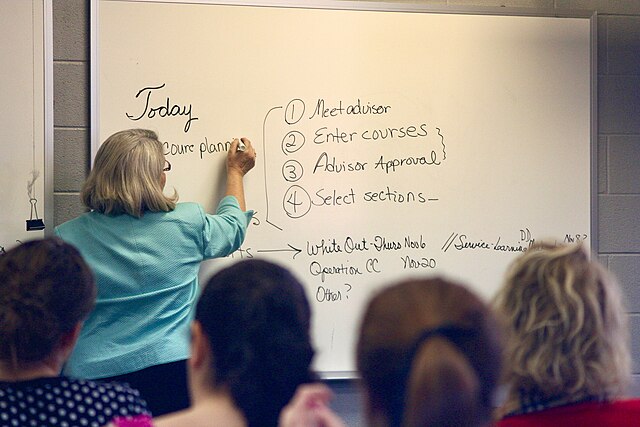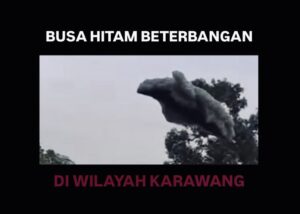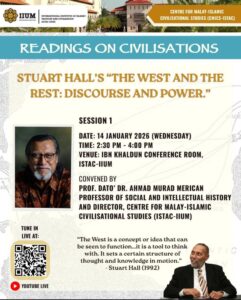Predictors of Challenges in Implementing Reflective Teaching Practices Among High School (9-12) EFL Teachers in Gambela Region of Ethiopia Using An Ordinal Regression Analysis

Author (s): Samson Bekele; Abiy Yigzaw; Anegagregn Gashaw
Institution: 1. Gambella University, College of Social Sciences, MA Lecturer Department of English, Gambella, Gambella Regional State, Ethiopia
2. Bahirdar University, Professor in TEFL, Bahirdar, Amhara Regional State, Ethiopia
3. Debre Tabor University, Associate Professor in ELT/TEFL, Debre Tabour, Amhara Regional State, Ethiopia
Category: Articles, IJMMU
Topics: Reflective Teaching, EFL Teachers; Ethiopia; Gambela Region; Ordinal Regression;
Challenges; Predictors; Teacher Demographics; Professional Development; Educational Research
Abstract: The current study examined those factors that challenge the reflective practice of EFL teachers in Gambela region Ethiopia, at the high school level, who teach grades 9-12. Considering both the significance of EFL education in Ethiopia as well as the distinct context of Gambela, which may not be as resource-rich as other areas, the study sought to fill an existing gap in understanding the particular factors that impact teachers’ capabilities to reflectively integrate practices. Employing a quantitative, cross sectional survey design, data were gathered from 90 EFL teachers on their demographic and attitudinal characteristics and perceptions of barriers to the use of reflective practices. Ordinal logistic regression analyses were conducted to determine the predictors among teacher-related factors of agreement with each of the seven challenges statements. Most teacher demographic variables, but, such as Years of Service, Educational Status, Reflective Practitioner Course, were not found to be significant predictors of the challenges examined. But, Sex (Male=1) was a significant predictor of the mother item regarding the challenge of assessing without a timetable (Q20) indicating that male teachers had higher likelihood of endorsing this item as a challenge. Importantly, a teacher’s Opinion on Effective Teaching (views on teaching being reflective practice) was a strong negative predictor of the time scarcity challenge to finding comments (Q24). This suggests that teachers who had stronger beliefs about the importance of reflective teaching, would be significantly less likely to identify lack of time for feedback as a major limitation. Being confused about how to use reflection (Q23) was low overall and not predicted by the variables of interest. These findings point to particular challenges to reflective practices in the Gambela context, but also reveal the significance of an individual teacher’s sense of the value of reflection as a means to overcome some of these perceived obstacles. The study provides context-specific evidence to inform targeted professional development and policy aimed at enhancing EFL teaching quality by addressing perceived difficulties and fostering positive attitudes towards reflection in the Gambela region.
Article can be downloaded here >> Predictors of Challenges in Implementing Reflective Teaching Practices Among High School (9-12) EFL Teachers in Gambela Region of Ethiopia Using An Ordinal Regression Analysis | Bekele | International Journal of Multicultural and Multireligious Understanding








